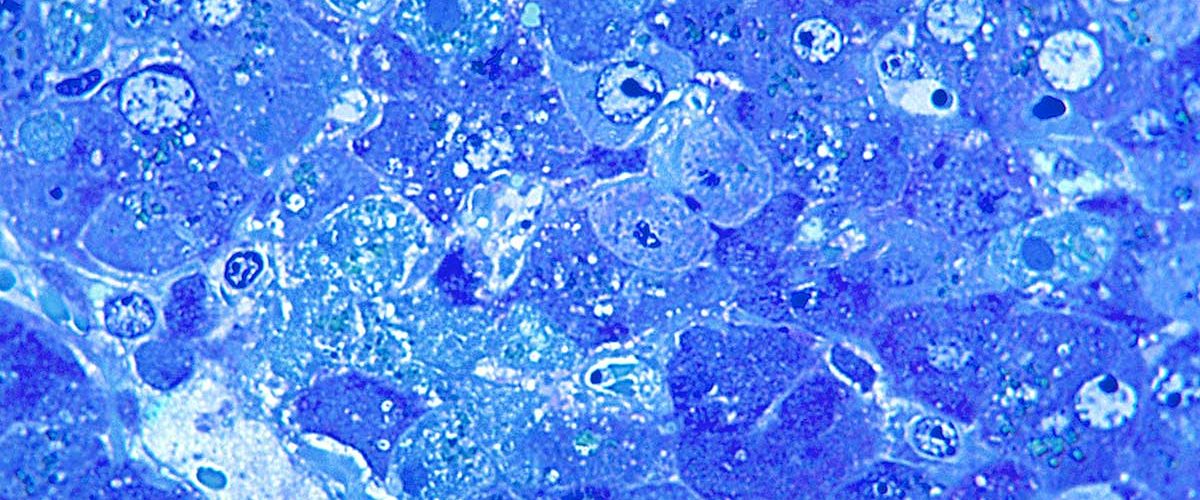Lassa Fever is an acute viral haemorrhagic illness that is endemic in some countries of West Africa. For example, Benin, Ghana, Guinea, Liberia, Mali, Sierra Leone, and Nigeria. The overall case-fatality rate of Lassa Fever is 1%. The number of Lassa virus infections per year in West Africa is estimated at 100,000 to 300,000, with approximately 5,000 deaths. Unfortunately, such estimates are crude, because surveillance for cases of the disease is not uniformly performed. In some areas of Sierra Leone and Liberia, it is known that 10%-16% of people admitted to hospitals every year have Lassa fever, which indicates the serious impact of the disease on the population of this region.
The incubation period of Lassa fever ranges from 2-21 days. It is transmitted to humans via content with items (food or household) contaminated with infected rodent urine or faeces. Person-to-person transmission may occur after exposure to virus in the blood, tissue, secretions, or excretions of a Lassa virus-infected individual. In hospital lacking adequate infection control measures, person to person infections is possible. Case fatality rate among hospitalized patients with severe cases of Lassa fever is 15%.
The signs and symptoms of Lassa Fever is usually gradual. It starts with fever general weakness, and malaise. After a few days, headache, sore throat, muscle pain, chest pain, nausea, vomiting, diarrhoea, cough, and abdominal pain may follow. In severe cases facial swelling, fluid in the lung cavity, bleeding from the mouth, nose, vagina or gastrointestinal tract and low blood pressure may develop. Deafness occurs in 25% of patients who survive the disease. In half of these cases, hearing returns partially after 1-3 months. Death usually occurs within 14 days of onset in fatal cases. About 80% of people who become infected with Lassa virus have no symptoms.
Ribavirin, an antiviral drug, has been used with success in Lassa fever patients. Patients should also receive early supportive care with rehydration and symptomatic treatment. Primary transmission of the Lassa virus from its host to humans can be prevented by avoiding contact with Mastomys rodents, putting food away in rodent-proof containers and keeping the home clean help to discourage rodents from entering homes. When caring for patients with Lassa fever, further transmission of the disease through person-to-person contact or nosocomial routes can be avoided by taking preventive precautions against contact with patient secretions.
Recent Outbreaks in Africa
| Year | Countries | Cases | Deaths | NB |
| 2018 | Liberia | 91 | 15 | |
| Nigeria | 413 | 114 | ||
| 2017 | Benin | – | – | |
| Togo | – | – | ||
| Burkina Faso | – | – | ||
| Nigeria | 189 | 73 | ||
| 2016 | Benin | 54 | 28 | Including 4 CHWs |
| Liberia | 54 | 34 | Including 4 CHWs | |
| Nigeria | 273 | 149 | Including 10 CHWS | |
| 2012 | Nigeria | 108 | 70 | Including Three doctor and Four Nurses |

